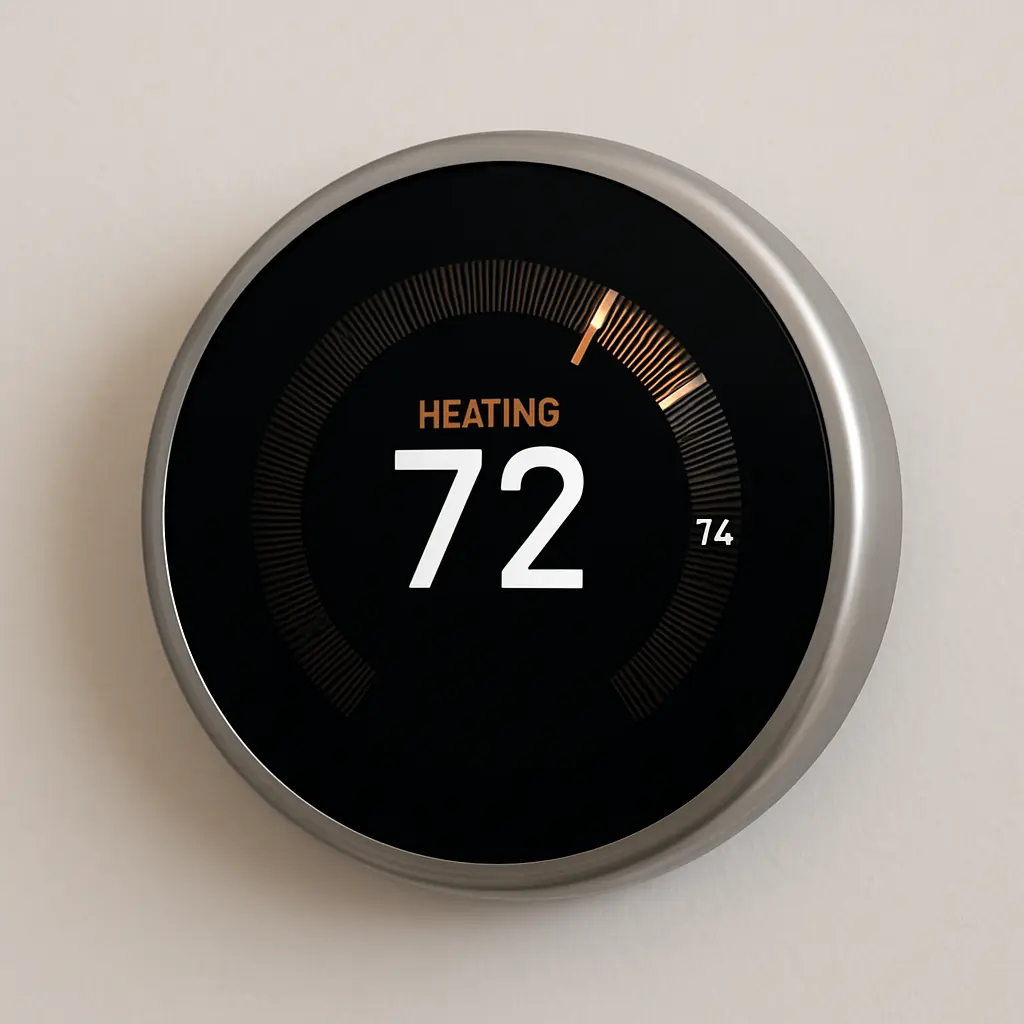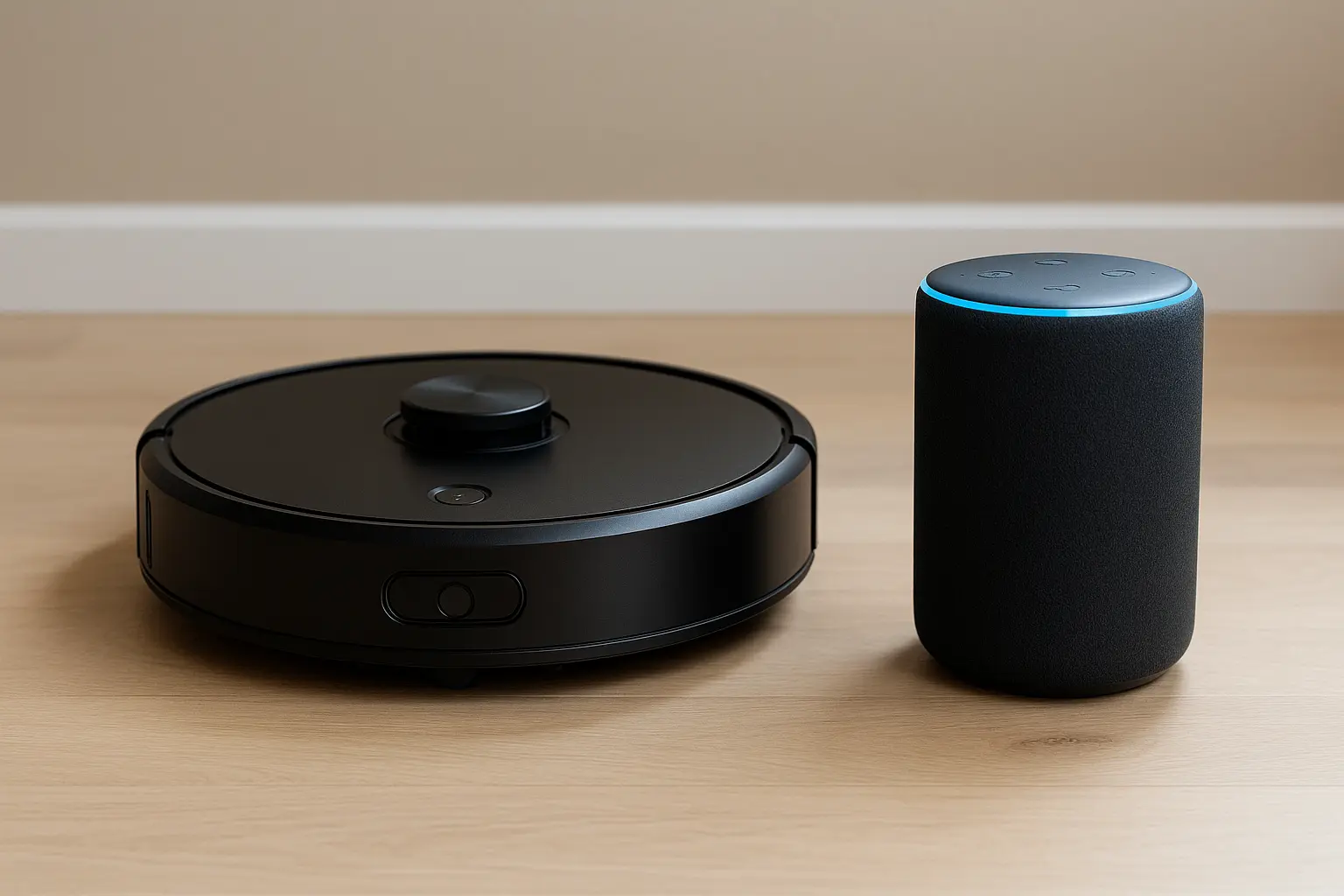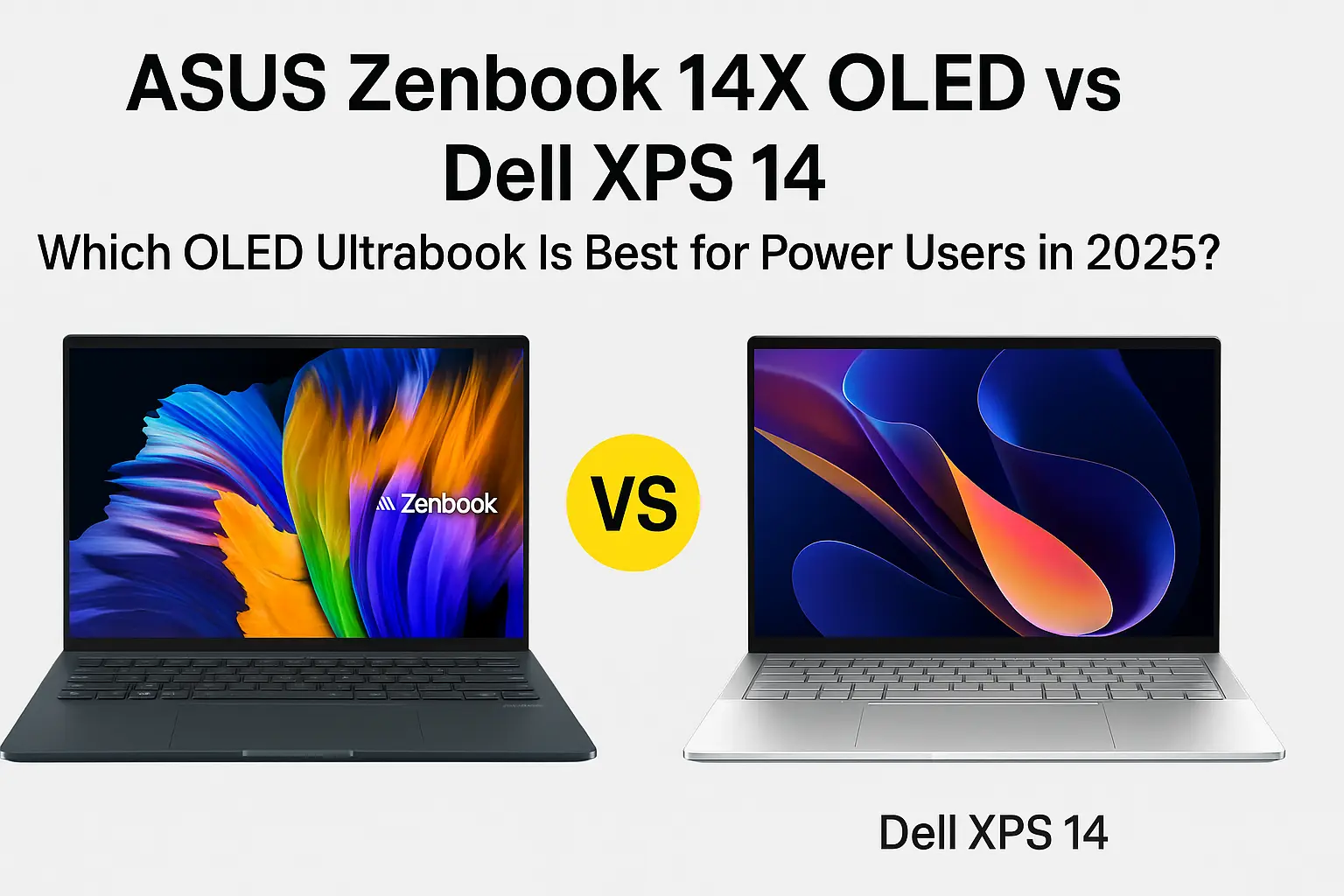ASUS Zenbook 14X OLED vs Dell XPS 14 – Which OLED Ultrabook Is Best for Power Users in 2025?
In the premium ultrabook space, two powerful machines are making headlines in 2025: the ASUS Zenbook 14X OLED and the Dell XPS 14. Both laptops bring high-end specs, OLED displays, and sleek designs to the table, making them ideal choices for professionals, creators, and power users. But when you stack them side by side, which one actually gives you the better deal?
Let’s break it all down—performance, display, battery, build, ports, and price—to help you decide which of these OLED ultrabooks is best for your needs in 2025.
Contents
📈 Zenbook 14x OLED vs Dell XPS 14 Spec Comparison
| Feature | ASUS Zenbook 14X OLED | Dell XPS 14 (2025) |
|---|---|---|
| Display | 14.5″ 2.8K OLED, 120Hz, Touch | 14.5″ 3.2K OLED, Touch |
| CPU | Intel Core Ultra 7 155H / AMD Ryzen 9 8945HS | Intel Core Ultra 7 155H |
| GPU | Intel Arc / NVIDIA RTX 3050 | Intel Arc / NVIDIA RTX 4050 |
| RAM | 16GB / 32GB LPDDR5X | 16GB / 64GB LPDDR5X |
| Storage | 512GB / 1TB PCIe 4.0 SSD | 512GB / 2TB PCIe 4.0 SSD |
| Ports | HDMI 2.1, USB-A, 2x USB-C, 3.5mm jack | 2x USB-C (Thunderbolt 4), microSD |
| Battery | 70Wh, ~12-13 hrs usage | 69.5Wh, ~10-11 hrs usage |
| Weight | ~1.5 kg (3.3 lbs) | ~1.68 kg (3.7 lbs) |
| Price Range | $1,199 – $1,499 | $1,599 – $2,099 |
🎥 Display: OLED Showdown
Both laptops feature stunning OLED touch displays, but there are key differences:
- Zenbook 14X OLED offers a 2.8K resolution with a 120Hz refresh rate. It’s buttery smooth, vivid, and great for multitasking, media, and creative workflows.
- XPS 14 boasts a higher 3.2K resolution panel with excellent color depth and HDR support, but it’s capped at 60Hz.
Verdict: Zenbook wins for smoother experience, XPS wins for pixel density and cinematic visuals.
🚀 Performance & Power
Both ultrabooks come equipped with Intel Core Ultra 7 155H processors and integrated Intel Arc GPUs, but they differ when it comes to discrete GPU options:
- Zenbook 14X can be configured with an RTX 3050, powerful enough for light gaming, video editing, and creative software.
- XPS 14 offers a higher-tier RTX 4050, better for rendering, 3D workloads, and demanding apps.
Also, XPS 14 supports up to 64GB RAM, while Zenbook caps at 32GB.
Verdict: XPS 14 has the performance edge, especially for heavier workloads.
⚡ Battery Life & Charging
Both are efficient thanks to Intel’s Meteor Lake architecture, but:
- Zenbook 14X averages 12–13 hours with real-world use.
- XPS 14 comes in at around 10–11 hours due to its higher-res display and discrete GPU draw.
Fast charging is supported on both, with 65W USB-C adapters.
Verdict: Zenbook 14X lasts longer under mixed usage.
📦 Ports & Connectivity
This is where Zenbook 14X has a clear lead:
- Zenbook 14X includes full-sized HDMI 2.1, USB-A, dual USB-C, and a headphone jack.
- XPS 14 only offers two Thunderbolt 4 USB-C ports and a microSD card slot.
Verdict: Zenbook wins on versatility. Less dongle hassle.
💼 Design & Build Quality
- Zenbook 14X sports a precision-machined aluminum chassis with MIL-STD 810H certification. It’s sleek but slightly chunkier.
- XPS 14 uses premium materials like Gorilla Glass 3 and CNC-machined aluminum, giving it that unmistakable XPS elegance.
Verdict: XPS 14 is the more premium-looking machine, but Zenbook isn’t far behind.
💰 Price & Value for Power Users
- Zenbook 14X OLED starts around $1,199 and goes up to $1,499 fully loaded.
- Dell XPS 14 starts at $1,599 and can hit over $2,000 with top specs.
You pay more for the XPS branding and higher-tier GPU. Zenbook gives great performance and features at a lower cost.
Verdict: Zenbook 14X is better value. XPS 14 suits those with a bigger budget and heavier workloads.
🌟 Final Verdict: Which OLED Ultrabook Should You Buy?
Choose ASUS Zenbook 14X OLED if you want:
- A vivid 120Hz OLED screen
- Better battery life
- More ports
- Excellent value under $1,500
Choose Dell XPS 14 if you:
- Need RTX 4050 performance
- Want a sleeker, premium design
- Don’t mind spending $2,000+
Winner for Most Power Users?
If budget is no issue and you demand GPU power, go with the XPS 14. But for the majority of professionals and creators, the Zenbook 14X OLED strikes the best balance of display quality, performance, battery life, and price.
🔗 You Might Like
- Asus Zenbook 14X OLED (2025) Review – Sleek, Sharp & Affordable Performer
- Dell XPS 14 (2025) Review – The Perfect Middle Ground?
- ASUS Zenbook 14X OLED vs HP Spectre x360 14
- Asus Zenbook 14 vs Dell XPS 13
❓ Frequently Asked Questions
Q: Which laptop is better for creative professionals?
A: Both are excellent, but the XPS 14 with RTX 4050 handles heavy creative workloads better. Zenbook 14X is still great for photo editing and light video work.
Q: Does the Zenbook 14X support HDMI without a dongle?
A: Yes, it has a full-sized HDMI 2.1 port built-in.
Q: Is the XPS 14 worth the higher price?
A: If you need premium build quality and stronger GPU power, yes. Otherwise, Zenbook 14X delivers better value for most users.
Q: Can both laptops handle light gaming?
A: Absolutely. The Zenbook with RTX 3050 and the XPS with RTX 4050 can run many modern games at medium settings.
Q: Which laptop has better battery life?
A: Zenbook 14X wins here, with up to 13 hours on mixed use compared to around 10–11 hours for the XPS 14.
Got a favorite between these two OLED beasts? Drop a comment and let us know which one you’d pick!
![Stream Without Limits – Best Wi-Fi 7 Routers for Buffer-Free Entertainment [2025] 1 Four modern Wi-Fi 7 routers displayed on a dark surface with a clean blue background, highlighting their sleek design and advanced antenna configurations.](https://www.techgadgetradar.com/wp-content/uploads/2025/06/best-wifi7-routers-streaming-2025-feature-image.webp)
![Fast, Cheap & Future-Proof – Best 5G Phones Under $400 [2025 Picks] 2 Four modern 5G smartphones under $400 in 2025 displayed on wooden table with vibrant screens](https://www.techgadgetradar.com/wp-content/uploads/2025/06/best-5g-phones-under-400-2025-feature.webp)



![Type Like a Pro – Best Mechanical Keyboards for Your Mac Setup [2025] 6 MacBook connected to a compact mechanical keyboard on a wooden desk](https://www.techgadgetradar.com/wp-content/uploads/2025/06/best-mechanical-keyboard-mac-setup-2025-feature.webp)
